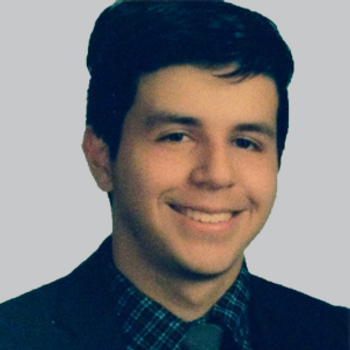
After 30 days of the PennPALS system, 70.8% of the remaining 24 patients were adherent to treatment or were using their PAP machine for at least 4 hours/night on average over the last 7 days.

After 30 days of the PennPALS system, 70.8% of the remaining 24 patients were adherent to treatment or were using their PAP machine for at least 4 hours/night on average over the last 7 days.
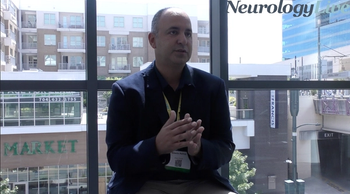
The director of the Sleep Disorders program at the University of Miami discussed his research regarding the association of sleep disordered breathing and total brain volumes in Latino individuals. [WATCH TIME: 3 minutes]
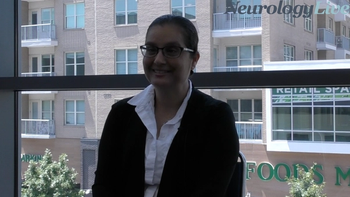
The assistant professor of neurology at the University of Michigan provided context on a previous study which suggested that treatment of obstructive sleep apnea may reduce the risk of subsequent dementia. [WATCH TIME: 3 minutes]

Among those observed in the trial, Black pregnant women had a mean number of 4.20 sessions of cognitive behavioral therapy compared with 5.54 for White pregnant women.
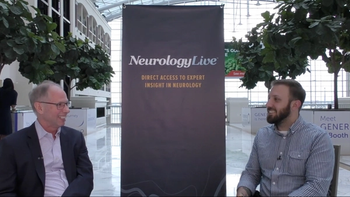
Jeffrey Cohen, MD, shared his perspective on the current use and study of stem cells for the treatment of multiple sclerosis, which he covered in the CMSC Presidential Lecture at the 2022 annual meeting.
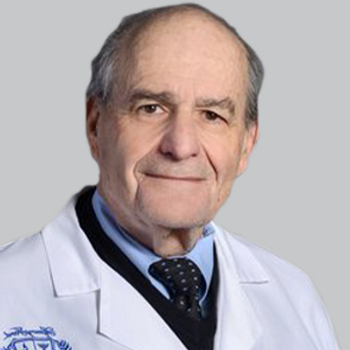
In subanalyses of ISI responders with chronic insomnia, those in the lemborexant 10-mg group demonstrated significantly greater changes from baseline in sleep onset latency compared with placebo.
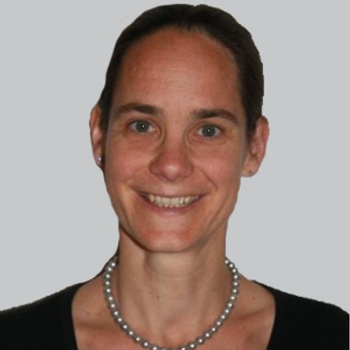
The IDSIQ showed score changes that correlated with clinically meaningful improvement on various responder definition estimates following triangulation.

A combination of less sleep and high cardiovascular disease risk tended to be associated with greater decline in executive function.

In comparison to White participants, non-Hispanic Black individuals reported shorter sleep duration and more sleep disturbances while the opposite was observed for Hispanic individuals.

Overall, 49% of respondents with idiopathic hypersomnia were reportedly dissatisfied with the management of their condition.

Although the sample size was relatively small, the findings provide insight into predictors of adherence to CPAP, which has been known to limit the effectiveness of the therapy.

Between those treated with CPAP and those who withdrew treatment, the difference in N3 sleep represented 15.7% of variance beyond a base model that included age and sex alone.
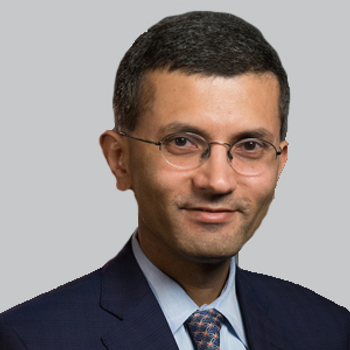
Avoidance of cardiovascular issues and effects, as well as improved effort to gain control of narcolepsy symptoms, were among the reasons for switching to lower sodium oxybate.
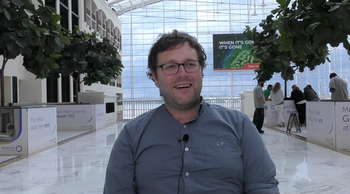
The postdoctoral researcher at the Johns Hopkins Multiple Sclerosis Center shared his perspective on the use of spinal cord atrophy in clinical practice to measure disease progression in MS and how it might become more accessible. [WATCH TIME: 4 minutes]

After a previous analysis showed that natalizumab dosing every 6 weeks can decrease the risk of progressive multifocal leukoencephalopathy, new data showed no differences in patient-reported outcomes vs treatment every 4 weeks.

Mind Moments®, a podcast from NeurologyLive®, brings you exclusive interviews with Riley Bove, MD; Blake E. Dewey, PhD; Bruce Cree, MD, PhD, MAS; John DeLuca, PhD; Shuvro Roy, MD; and Tanuja Chitnis, MD. [LISTEN TIME: 26 minutes]

The online tool was evaluated in a cohort of 501 patients and healthcare providers, showing positive trends in 9 of 11 outcomes assessed. Notably, disease-modifying therapy start, adherence, and long-term mental health were all improved in the intervention group.
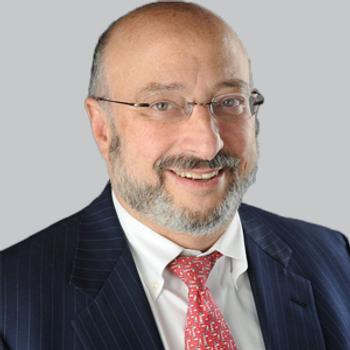
Clinician-perceived cognitive deficits of patients with multiple sclerosis were significantly predicted by multiple factors, including cognitive scores, depression, and physical disability, but notably not fatigue.
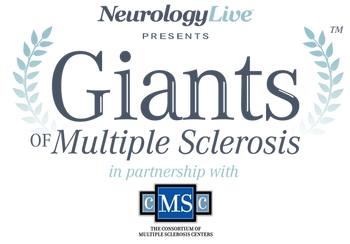
The 1st annual awards ceremony was held during the CMSC Annual Meeting in National Harbor, Maryland.
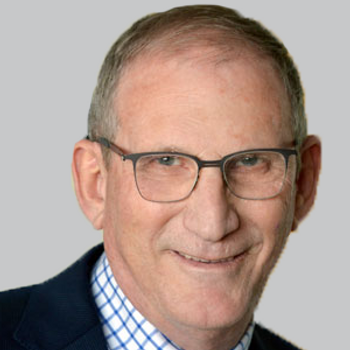
Individuals with progressive MS demonstrated stable scores on Expanded Disability Status Scale, with no 12-week confirmed disability progression detected.
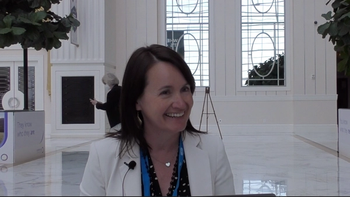
The associate professor of neurology at UCSF Weill Institute for Neurosciences discussed the findings of a social media listening study that suggested women with multiple sclerosis used social media platforms to discuss treatment during and around pregnancy. [WATCH TIME: 4 minutes]

The form, which is freely available through the Epic and Cerner EHR platforms, was developed to streamline and standardize patient data collection to allow clinicians more time with patients and more consistent information.
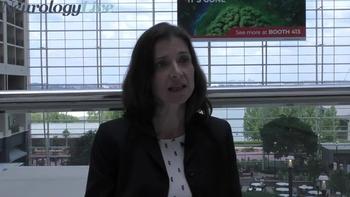
The health research assistant at the Shepherd Center discussed the need to improve access to interventions that improve the overall happiness of individuals with multiple sclerosis. [WATCH TIME: 4 minutes]
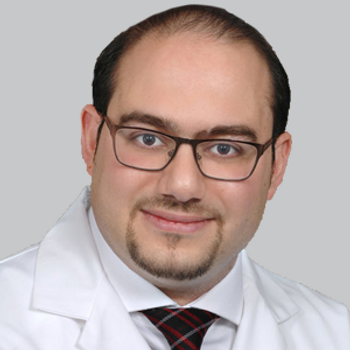
A large number of patients with MS were clustered in an area that may have had high exposure levels of aluminum, which the study investigators noted warrants future research.
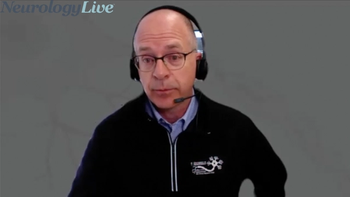
The professor of neurology at the University of Saskatchewan discussed the need to improve therapeutics aimed at improving neurodegeneration in patients with multiple sclerosis. [WATCH TIME: 3 minutes]
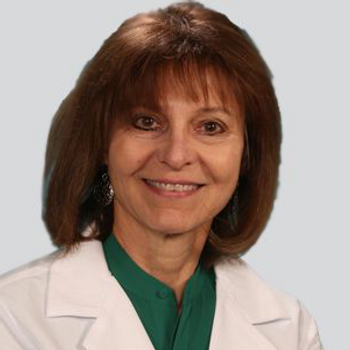
At the end of the open-label extension period, 77.5% of patients reported treatment-emergent adverse events and 27.7% had a treatment-related TEAE.
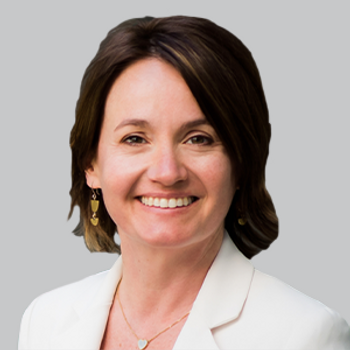
Investigators utilized a social media listening tool to evaluate and scale mentions of disease-modifying therapy use by women with multiple sclerosis, with the majority of concerns focused on safety and treatment reinitiation in the postpartum period.

Although there were no differences between herpes simplex virus types 1 and 2, patients with MS did show increased levels of EBV capsid antigen and EBNA compared with controls.

Both ozanimod doses were associated with greater median reductions in plasma neurofilament light and mean improvements in SDMT score change than interferon beta-1a at month 12 of treatment.

The professor of neurology at the University of Saskatchewan discussed his presentation at the 2022 CMSC Annual Meeting on using ribonucleoprotein A1 antibodies to drive neurodegeneration in multiple sclerosis. [WATCH TIME: 4 minutes]